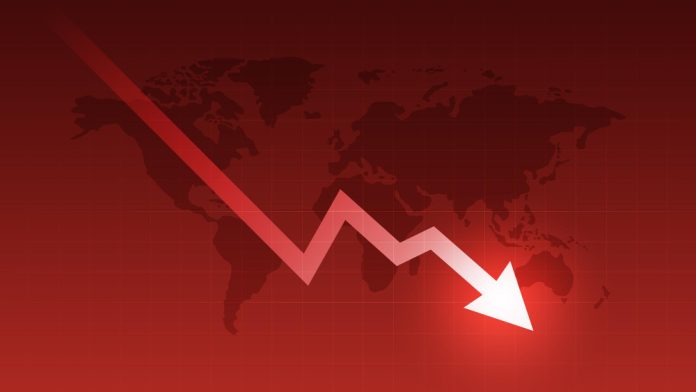The World Bank predicts that the global economy will face a third consecutive year of slowdown in 2024. Factors contributing to this deceleration include high interest rates, ongoing inflation, declining trade, and a weakened China. The World Bank forecasts a mere 2.4% expansion in the world economy for the current year, down from 2.6% in 2023, 3% in 2022, and a robust 6.2% in 2021, which marked a strong recovery from the pandemic-induced recession in 2020.
Various challenges, such as heightened global tensions resulting from conflicts like Israel’s war with Hamas and the situation in Ukraine, pose additional risks to global economic growth. The World Bank expresses concern that heavily indebted poor countries may struggle to make necessary investments in addressing climate change and poverty.
Indermit Gill, the World Bank’s chief economist, emphasizes that near-term growth will likely remain weak, leaving many developing countries, especially the poorest, in a challenging situation with high levels of debt and limited access to food for a significant portion of their populations.
Despite facing multiple shocks, including the pandemic, Russia’s invasion of Ukraine, and global inflation, the international economy has shown resilience. The World Bank notes that the global economy grew half a percentage point faster in 2023 than initially predicted in June, stating that “the risk of a global recession has receded.”
In 2023, the United States led global growth with a likely 2.5% expansion, surpassing the World Bank’s mid-year expectation by 1.4 percentage points. However, the World Bank anticipates a slowdown in U.S. growth to 1.6% in the current year, influenced by higher interest rates impacting borrowing and spending.
The Federal Reserve’s 11 interest rate hikes since March 2022 have contributed to bringing down U.S. inflation from its mid-2022 four-decade high to nearly the Fed’s 2% target level. The World Bank notes that higher rates are also helping to moderate global inflation, projected to decrease from 5.3% in 2023 to 3.7% in 2024 and 3.4% in 2025, though still above pre-pandemic averages.
China, the world’s second-largest economy, is expected to grow by 4.5% in 2024 and 4.3% in 2025, a notable decline from its 5.2% growth in the previous year. China’s economic challenges, including a collapsing property market, subdued consumer sentiment, and an aging population, have impacted its role as a leading engine of global growth.
The slowdown in China’s growth is likely to affect developing countries that supply commodities to the Chinese market, such as coal-producing South Africa and copper-exporting Chile. The World Bank projects modest growth of 0.7% for the 20 Eurozone countries in 2024, an improvement from 0.4% expansion in the previous year. Japan’s economy is forecasted to grow by just 0.9%, half the pace of its 2023 expansion.
Featured Image: Freepik

















